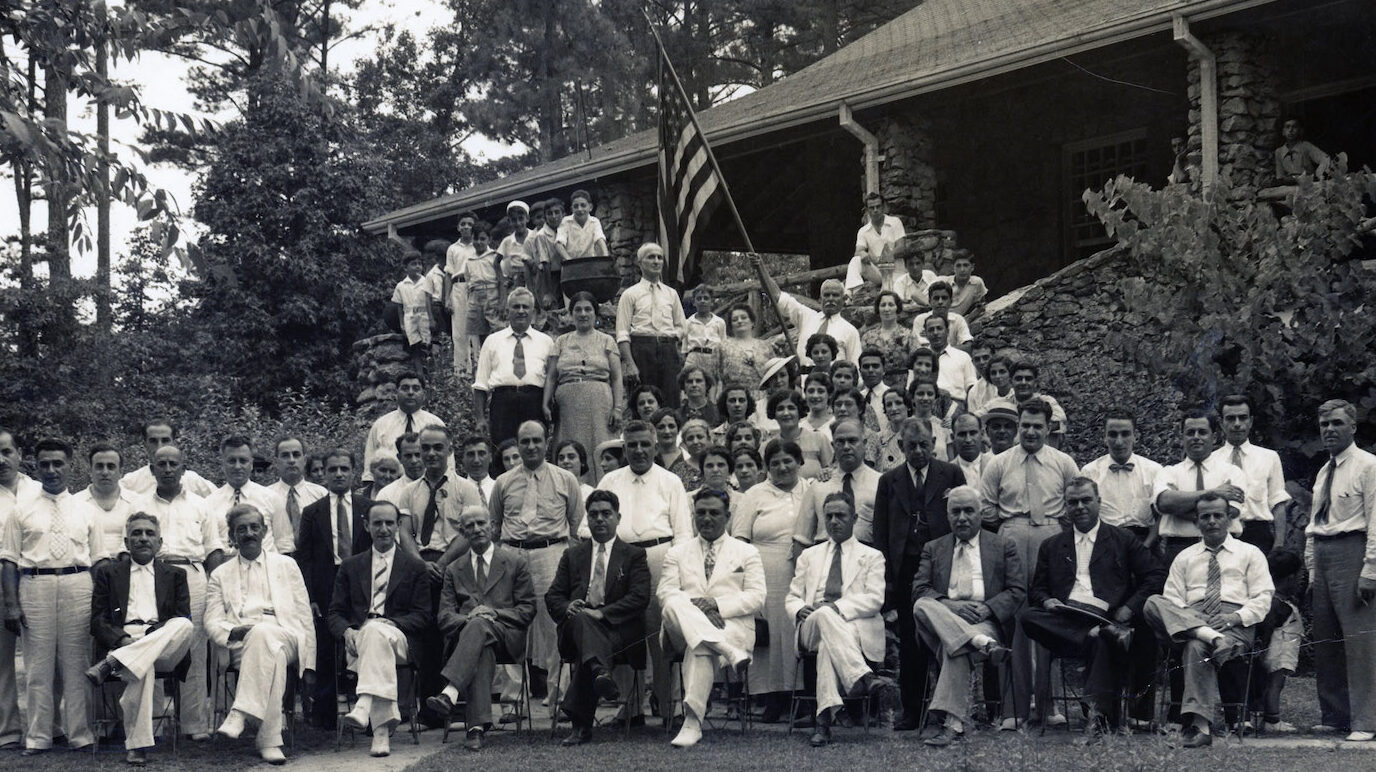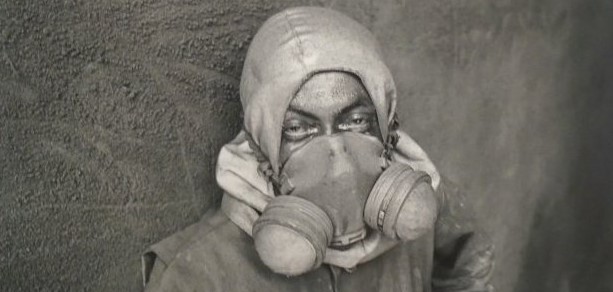Two Poems from Jacobo the Turko, a work-in-progress
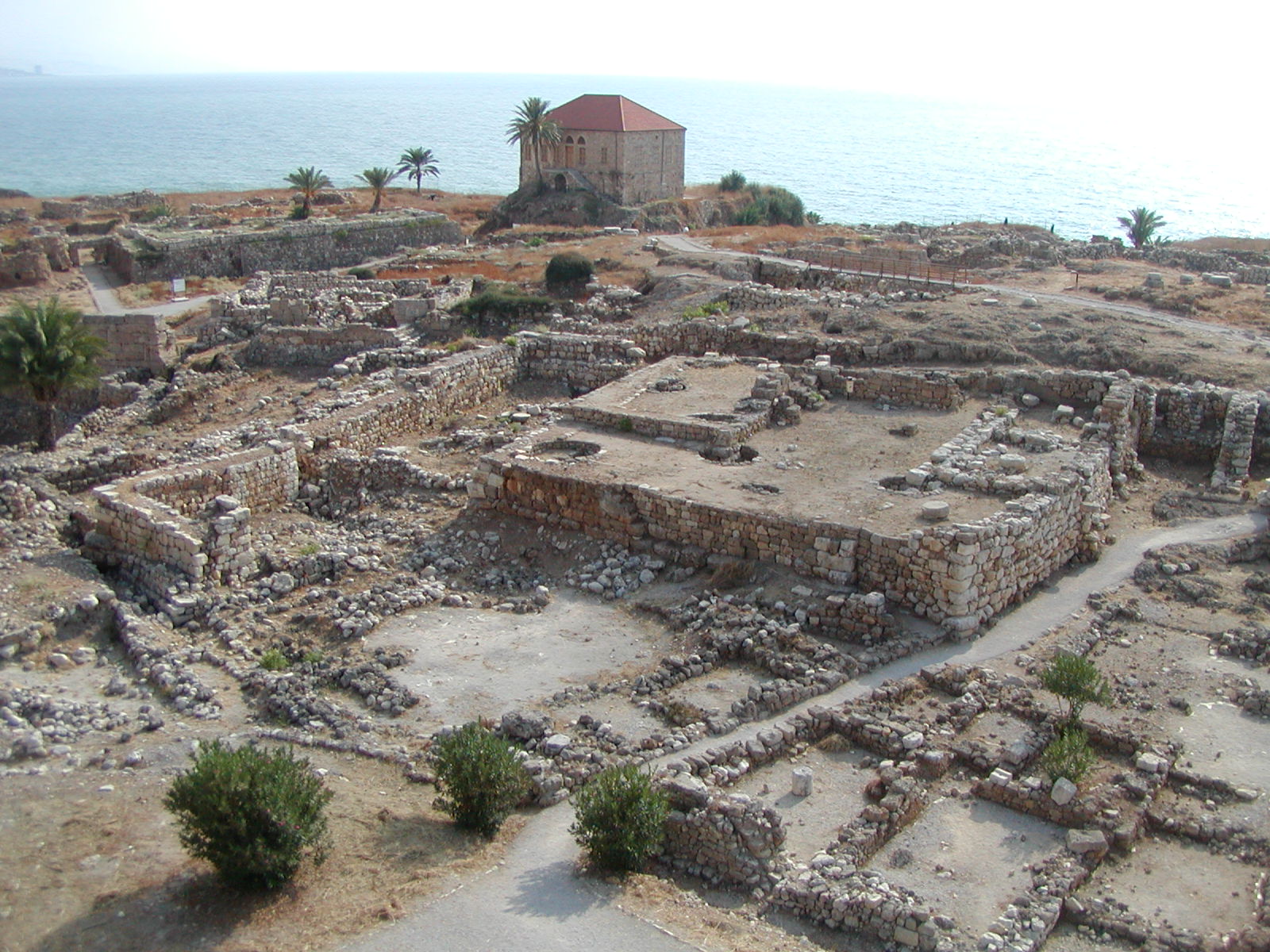
This post is written by Phillip Bannowsky, an Instructor of English at University of Delaware. He served as secondary English Chair at both Academia Cotopaxi in Quito, Ecuador (1992-95) and at International College in Beirut, Lebanon (2002-05). Phillip has published a novel, The Mother Earth Inn (2007), and two volumes of poetry, The Milk of Human Kindness (1985) and Autoplant: a Poetic Monologue (2007). He publishes commentary at his team blog, Broken Turtle, and occasionally for The News Journal.
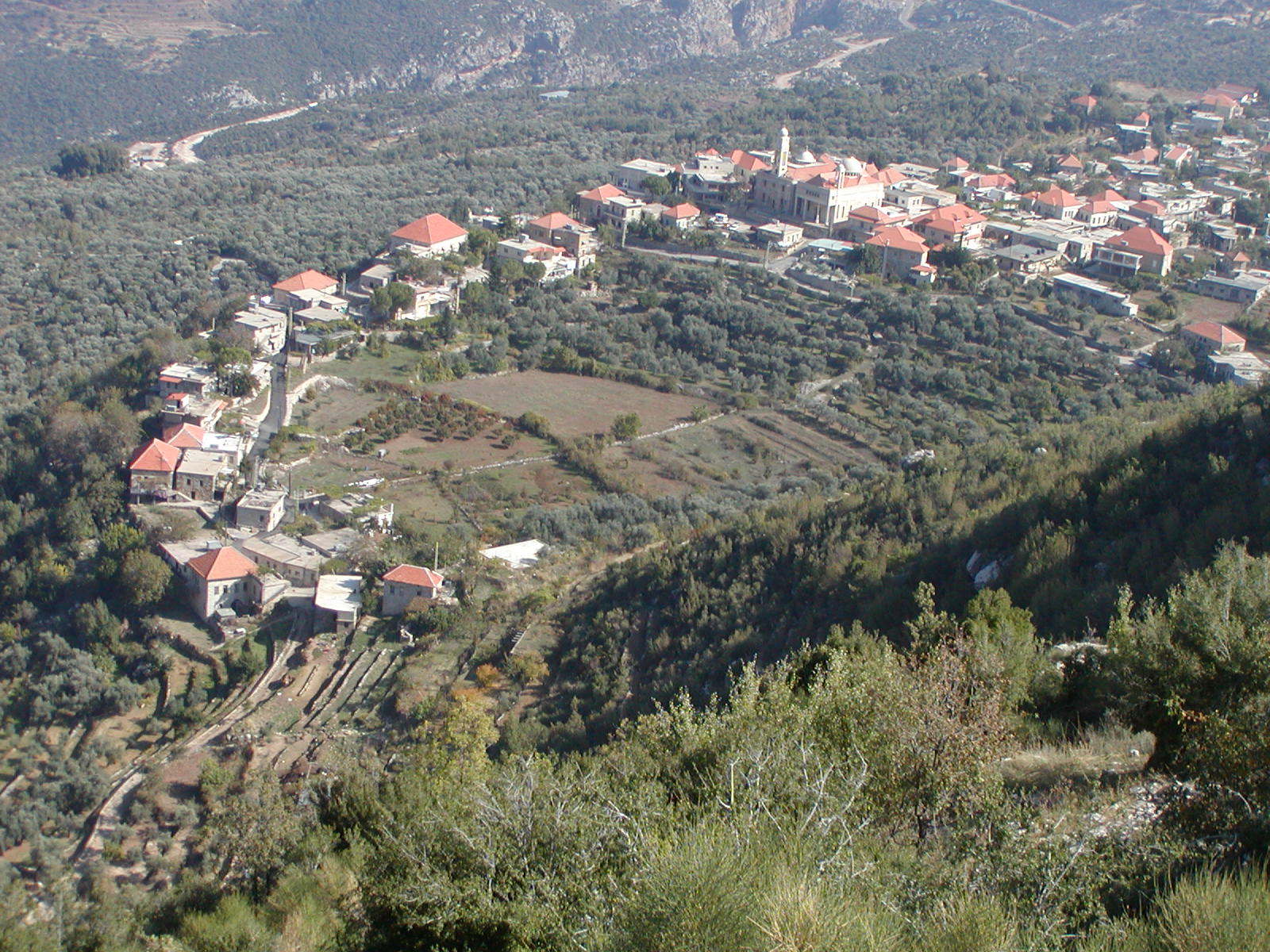
The two poems here are part of a long poem cycle entitled Jacobo the Turko, a work-in-progress concerning an Ecuadorian youth of mixed Lebanese and indigenous parentage, who aspires to emigrate to the United States, but when he succeeds things rapidly fall apart. He is deported to Lebanon, where he has never been, and ultimately ends up in Guantanamo. The poem deals extensively with humanity as a braided river of peoples, traditions, illusions, and languages, ever on the move with a variety of what Dr. Akram Khater identifies as push and pull motivations [1]. I taught in Ecuador from 1992 to 1995 and in Lebanon from 2002 to 2004. The latter sojourn was serendipitous, since I had gained an interest in the Lebanese of Ecuador and was curious about the land and culture they had left behind. Prominent in business and politics, the Lebanese seemed to have been very successful in Ecuador. Indeed, a character in my novel, The Mother Earth Inn (Broken Turtle Books, 2007), was based on the flamboyant and notorious Abdalá Bucaram, President of Ecuador from 1996 to 1997, when he was deposed.
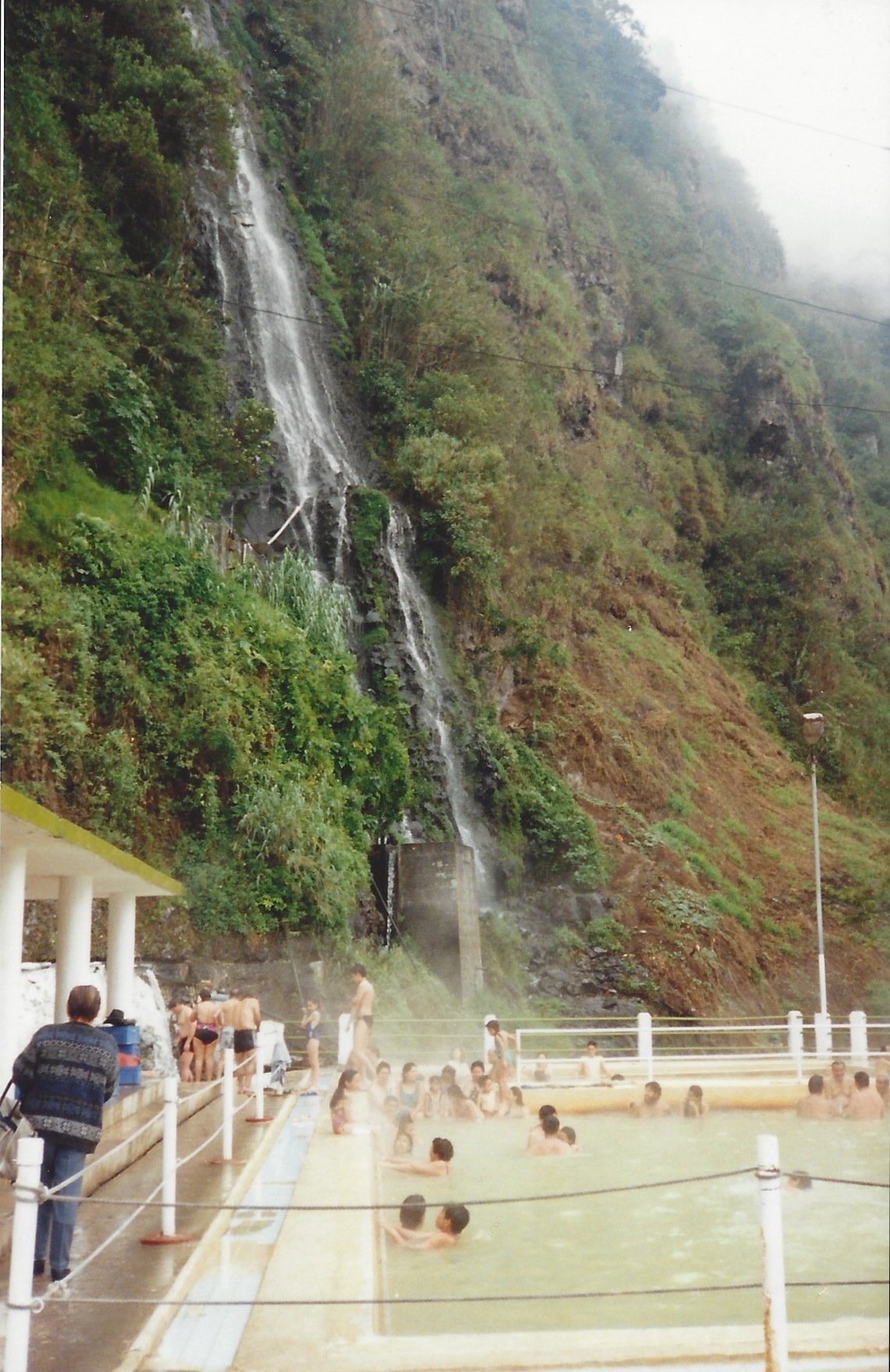
These poems deal with Jacobo’s father, Elias Bitar, a fourth-generation Lebanese innkeeper, who owns a spa in Baños, Ecuador, where thermal baths emerge from the flanks of Tungurahua volcano. In the first poem “Jacobo’s Father, the Phoenecian,” Elias contemplates the salutary properties of his baths and the course that brought his forebears to Lebanon. In the second, “The Confession of Elias Bitar,” Elias gets into an argument with his priest when he makes an off-hand joke about his sins and the priest goes off on the old monothelite and monophysite heresies, which mean little to Elias, but he takes umbrage at the priest’s off-hand suggestion that Maronites are Arab. Other slippery terms operate in these poems. In “Jacobo’s Father,” Elias refers to himself with the somewhat pejorative term Turko, for the Syrian/Lebanese immigrants to Ecuador, and in both poems, he refers to his natural son (and stain on his conscience) Jacobo as “monkey” for mono, what folks in the Ecuadorian sierra call folks on the coast, and what some outsiders call all Ecuadorians. Elias’s remark in “Jacobo’s Father” that his grandfather had urinated on his merchandise to collect insurance in Guayaquil is based on an anecdote in Mónica Almeida’s “Phoenicians of the Pacific: Lebanese and Other Middle Easterners in Ecuador,”[2]. Incidentally, Almeida repeatedly refers to the Lebanese as “Arabs,” suggesting that the Phoenicianists of Lebanon were not as adverse to the term as their cousins in Lebanon and my Elias. The fluidity and solubility of terms, traditions, and even genetic lines is a recurrent theme of my poem cycle. Even the mineral composition of Elias’s pools is a myth: “The data promise the dose, / but only the date changes.”

Part of what influenced me was the Reverend Mitri Raheb’s Faith in the Face of Empire: The Bible through Palestinian Eyes (Orbis Books, 2014). Rahem counters some Palestinians’ belief that they are all descendants of the Biblical Canaanites with a more dynamic geneology, that they are the subaltern melting pot of a dozen regional empires. This ancestry they share with the Jews, some of whom, especially Zionists, believe with similarly myth-making in an unadulterated line back to Ur. The absurdity of these constructions, I hope, is elucidated in Jacobo the Turko, in which my hero suffers the ultimate fate of racial reductionism at Guantanamo Bay: the erasure of his history, juridical personhood, and human rights. I’m hoping for a happy ending, but that may be the greatest myth of all.
“Jacobo’s father, the Phoenecian”*
Pilgrims crowd the pools to soak their ailments
in my waters. Today’s minerals,
Cloratos one fifty-one, magnesio sixty-seven-point-nine,
and sulfatos a salutary seventeen hundred and two
micrograms per holy liter:
The data promise the dose,
but only the date changes.
We’ve done well, since my grandfather’s father pissed on his merchandise
for the insurance in Guayaquil.
Why did he abandon the olives and persimmon of Mount Lebanon?
To escape the Ottoman Turkos? He didn’t escape the name.
Better than be a monkey.
Why does any son of a hundred generations
escape from anywhere
that was home.
The sea’s far shore was
just another port on the same bay,
another branch of the same trade
to my forebear Phoenicians.
Forebears. Why dream of fathers and sons, grandfathers
and bisa-abuelos, Phoenecian genes
dissolved in oceans of time?
Maktub, say the Mohammedans. It is written.
Written in water.
From waters we are born and to waters we return.
“The Confession of Elias Bitar”
One more thing, father, though I don’t know
if it’s a confession or a question. Can’t I enter heaven
unmarried to my bastard’s mamacita,
wade into Jordan with
a little sin unwashed by grace,
a little monkey in my Phoenician? Isn’t Jesu Cristo half Jew, half God, but all God’s plan?
Elias, my son, I can absolve your sin
but not our old enemy heresies
on whose cliff or shore you’ve stumbled:
the crippled Christ half man and half divine
or worse: one
like holy honey dissolved in a putrid sea.
Ojalá Our Lady pluck you from that drop or drink.
No, Elias, Christ is wholly man, wholly God
in one Chalcedonian hypostasis.
The monothelites drove us from our Syrian home
to the grottos of Mount Lebanon.
We Maronites are Catholic Arabs through and through,
with an unbroken apostolic line.
Hypostatis? Whatever that is,
but Arabs, father?
We are mountain Phoenicians, Pharaoh’s Cedar loggers,
summer refugees, bivouacked upland
of Alexander’s generals.
What Syrian we are is transubstantiated.
Phoenician genes leached
into the root soil of our Syrian saints, and Mohammedans, not Christians, drove us to our grottos
where we banished Baal and bathed in light.
Indeed, every Maronite shows haplotype J2,
the gene that presents in all Phoenicia’s costal colonies.
Thus, from a hundred streams,
we bear the traits of our great ancestors,
and I don’t need absolution for that.
Sources
[1] Khater, Akram. “Globalizing the Middle East: Migration, Diaspora and Transnational Communities.” Diaspora and Transnationalisms: Leaving the Homeland: Violence, Human Rights, and Cultural Shocks. Center for Global and Area Studies. University of Delaware. Oct. 14, 2015. Lecture.
[2] Almeida,Mónica. “Phoenicians of the Pacific: Lebanese and Other Middle Easterners in Ecuador. The Americas Vol. 53, No. 1 (Jul., 1996), p. 99.
*This poem was published previously in The Broadkill Review, v.7, no. 5 (September/October 2013).
- Categories:

